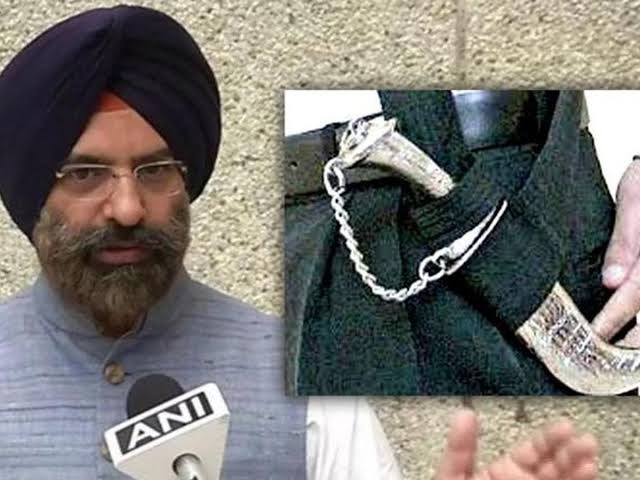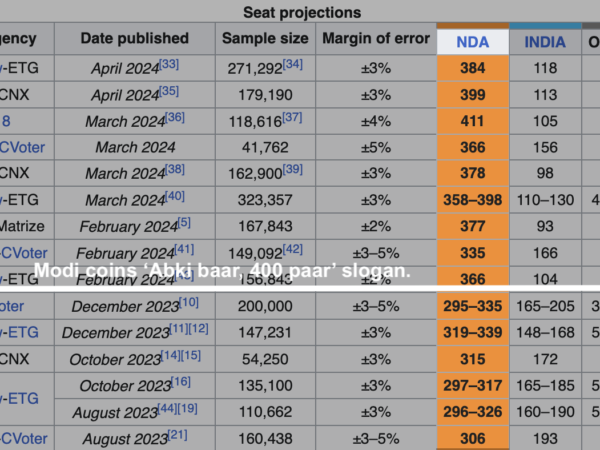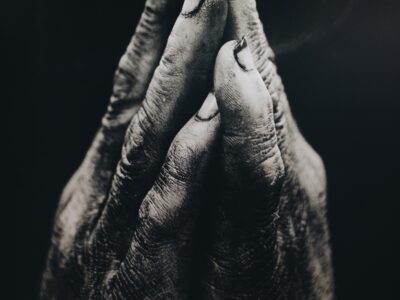 As per the Bureau of Civil Aviation BCAS Circular No.1412005 dated 15 April 2005, this is an extract from the Air India website: “Passengers travelling on flights with point of origin and destination both being within India, on an Indian registered aircraft are permitted to carry a ‘Kirpan’ in person. The dimensions of the ‘Kirpan’ must not exceed a total maximum length of 9 inches (22.86 cms.), including the length of the blade not exceeding 6 inches (15.24 cms.) and the length of the handle not exceeding 3 inches (7.62 cms).”
As per the Bureau of Civil Aviation BCAS Circular No.1412005 dated 15 April 2005, this is an extract from the Air India website: “Passengers travelling on flights with point of origin and destination both being within India, on an Indian registered aircraft are permitted to carry a ‘Kirpan’ in person. The dimensions of the ‘Kirpan’ must not exceed a total maximum length of 9 inches (22.86 cms.), including the length of the blade not exceeding 6 inches (15.24 cms.) and the length of the handle not exceeding 3 inches (7.62 cms).”
Furthermore, here is a reference to it on Vistara, SpiceJet, and Indigo. Here is a reference to it by the CISF, the paramilitary force that is tasked with guarding Indian air travellers on the ground. As an aside, this is allowed on Canadian domestic flights too since 2017.
Now, let me hear your objection to the hijab in colleges once again.
The point of this article (just in case someone missed it in all the noise) is not that Sikhs should be barred from their religious symbols or the opposite: that they should be allowed to carry sharp weapons on board flights (even if only domestic) when regular, non-religious tools like screwdrivers and chopping knives, box cutters and even scissors, nail cutters, and safety razors, are banned for reasons best known to the lawmakers and regulators.
Indeed, not being either an airline security expert or a religious scholar, I have no views at all except that rules must apply equally for all, and must follow a logic that is objective and just. You want to make special allowances for religious beliefs even in areas of airline security? Then, you must make similar allowances in other, less risk-prone, areas in the interest of equality, fairness, and justice. You want to ban religious symbols and faith-based clothing in a low-risk area? Then, you have no excuse to continue to condone, or even encourage it by making specific exceptions, in other, more risk-laden areas. Either everyone gets a pass. Or no one does. Basically, hand out passes based on the principles of equality, fairness, and justice. Else, don’t hand out any passes. That is my stand.
That said, it is important to put on record that even if as an atheist, I may think some things silly and some debates not worth going into, where the result is objective (like sharp blades on aircraft or head coverings in colleges) and should be undisputed by any rational human, it is also an unrealistic expectation for such rationality to be exhibited by a culture where faith has and continues to play such a crucial role in moulding the society as well as holding it together in many instances. So, we come to the Indian concept (however flawed) of secularism where, instead of a clean separation of faith from matters of the state (and those that have to do with matters of the state), we see it being interpreted as some kind of ‘equidistance’ from all religions, with some vague ‘respect’ for each religious belief, however kooky, as long as it does not impinge on the freedom of others to practice the same. In such a context and in such a society where belief plays such a large part, I believe that the Indian concept is the only one that will work. And within that context, the kirpan and the hijab, are both permissible, and not contradictory, however it may look to the disinterested outsider looking in.
tl;dr: I am not against kirpans on flights. I am not for them. All I am saying is that Indian secularism allows for such exceptions, and has, for all practical purposes, worked for us for the past 100-odd years, even from before independence. And the hijab controversy must be seen in that light. Live and let live.
I hope that clarifies my stand once and for all.















![Mr Baba: 'Would you like to take off the backpack now that you've been downstairs for like 30 minutes?'
Ms Kym-Kym: 'I like it like this. You should try it. It's very comfortable.'
Mr Baba: [Pulling on his backpack] 'Hmmm, you're right. That's rather snug.'
Ms Kym-Kym: 'Twinning! Yay!'
#LuckiestManAlive #BearFamily](https://scontent-lax3-1.cdninstagram.com/v/t51.29350-15/416920031_3373151642830342_6696851954454537274_n.webp?stp=dst-jpg&_nc_cat=105&ccb=1-7&_nc_sid=18de74&_nc_ohc=ZMLmjPdSAEUAX8nnJex&_nc_ht=scontent-lax3-1.cdninstagram.com&edm=ANo9K5cEAAAA&oh=00_AfB0olvUVmnenPKd2wCllMDehg5gzDgAbc4BDsGLqIm6pA&oe=65BA4561)

![Kym: 'Mr Baba, can I tell you something wierd? You can actually get tired from doing nothing!!'
Me: 'It is called boredom.'
Kym: 'Noooo. I mean, like physically tired.'
Me: 'One can get tired and sleepy due to boredom. I remember reading about it somewhere. Let's find out.'
[Some Googling later]
Me: 'It says here that "A new paper published in the journal Nature Communications finds that a part of the brain that is associated with motivation and pleasure - the nucleus accumbens - also can produce sleep. The new findings may explain why we have the tendency to fall asleep in the absence of motivating stimuli, i.e., when bored." Isnt it interesting?'
Kym: 'I already knew that. Why do you need to research things we already know?'
Me: [Finding a subject worth talking about now]: ' Ah well, that's what we'll talk of tomorrow on your morning run. It's very interesting the way science is done and our understanding of the universe is expanded.'
Kym: 'Can we talk of unicorns instead?'
Me: 'Sure. How do you know they exist? That's an interesting question too that you can use the scientific method to answer.'
Kym: 'Do they have to exist for us to talk about them? We can just pretend they do for an hour and have fun.'
Me: [Laughing] 'Yes, sure. We can do that too.'
#BabaBabyConversations #BearFamily #KymAndI](https://scontent-lax3-1.cdninstagram.com/v/t51.29350-15/416410840_383105434396466_2267910263456009774_n.webp?stp=dst-jpg&_nc_cat=104&ccb=1-7&_nc_sid=18de74&_nc_ohc=LIozs445JFcAX_48wGC&_nc_ht=scontent-lax3-1.cdninstagram.com&edm=ANo9K5cEAAAA&oh=00_AfDQ2qbb0yO_wUmLj_L0ZxF61eDdwlIN-vyrd8GZe_pBMQ&oe=65BAFA57)










